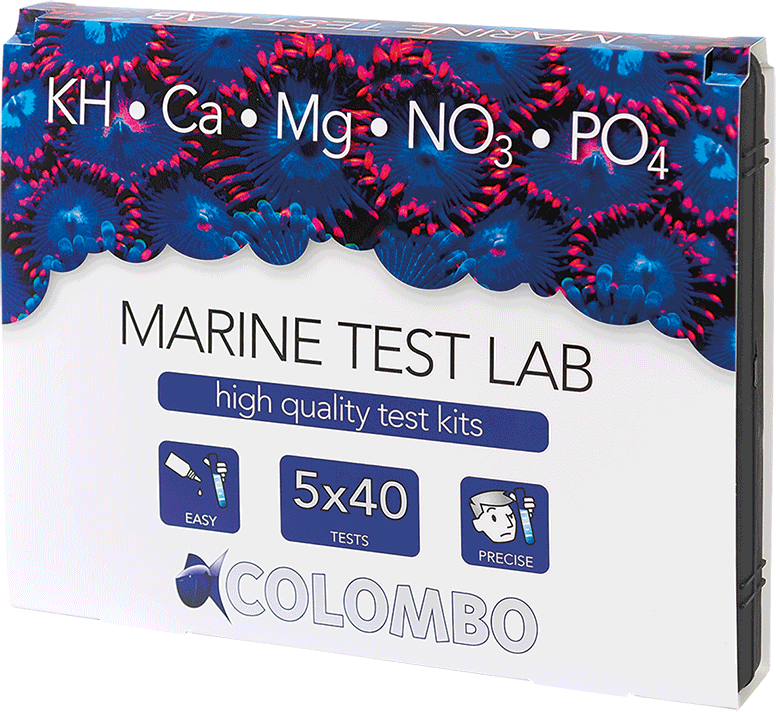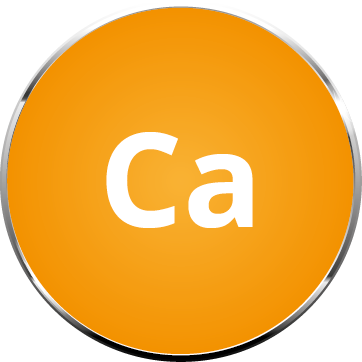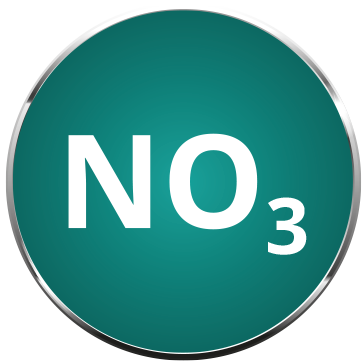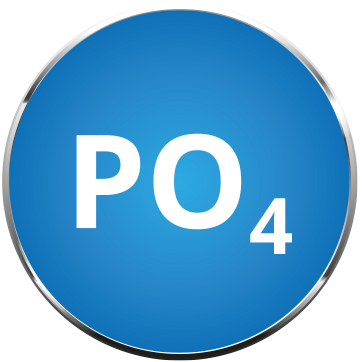Marine Test Lab.
With the Colombo Marine Test Lab important values can be tested quickly and easily.
Do a regular water test to ensure the water is clean and healthy for your fish.

Marine Test Lab
Test case with the most popular drip tests for marine water. Complete with all necessary accessories and visualised operating instructions. Packed in sturdy plastic case.
Contains professional tests for:
- Carbonate Harness
- Calcium
- Magnesium
- Nitrate
- Phosphate
With each test, 40 tests can be done. Consumed test materials can be replenished with the loose Colombo seawater tests.
Values.
Carbonate Hardness
The correct Carbonate Hardness (KH) is mandatory for clear pond water and healthy fish and plants as well as a stable pH. KH is a measurement for the total amount of dissolved carbonates in the water. When the KH is too low the pH can fluctuate which is very harmful for the aquatic life.

Calcium
For the growth of their calcareous skeleton corals will absorb minerals from the surrounding water. Calcium (Ca) is an important element, aside from Carbonates and Magnesium. As soon as corals are added to the aquarium it is essential to test these values at least weekly. The optimal value for Calcium (Ca) is 400-430 mg/l .

Magnesium
For the growth of their calcareous skeleton corals will absorb minerals from the surrounding water. Magnesium (Mg) is an important element, aside from Carbonates and Calcium. As soon as corals are added to the aquarium it is essential to test these values at least weekly. The optimal value for Magnesium (Mg) is 1250-1300 mg/l.

Nitrate
Nitrate (NO3) is the end product of the degradation of ammonia by nitrifying bacteria in your pond. Nitrate is not toxic for fish and thus is no direct problem for the health of your fish like ammonia or nitrite are; high concentrations however can on the long run lead to algae problems. We therefore advise to keep nitrate levels under 50 mg/l.

Phosphate
Phosphate (chemically abbreviated as PO4) is one of the waste products produced by fish. Phosphate is not toxic for fishand thus is no direct problem for the health of fish like ammonia or nitrite are. Indirectly, phosphate can lead to algae problems. We therefore advise to keep Phosphate levels under 1 mg/l.
